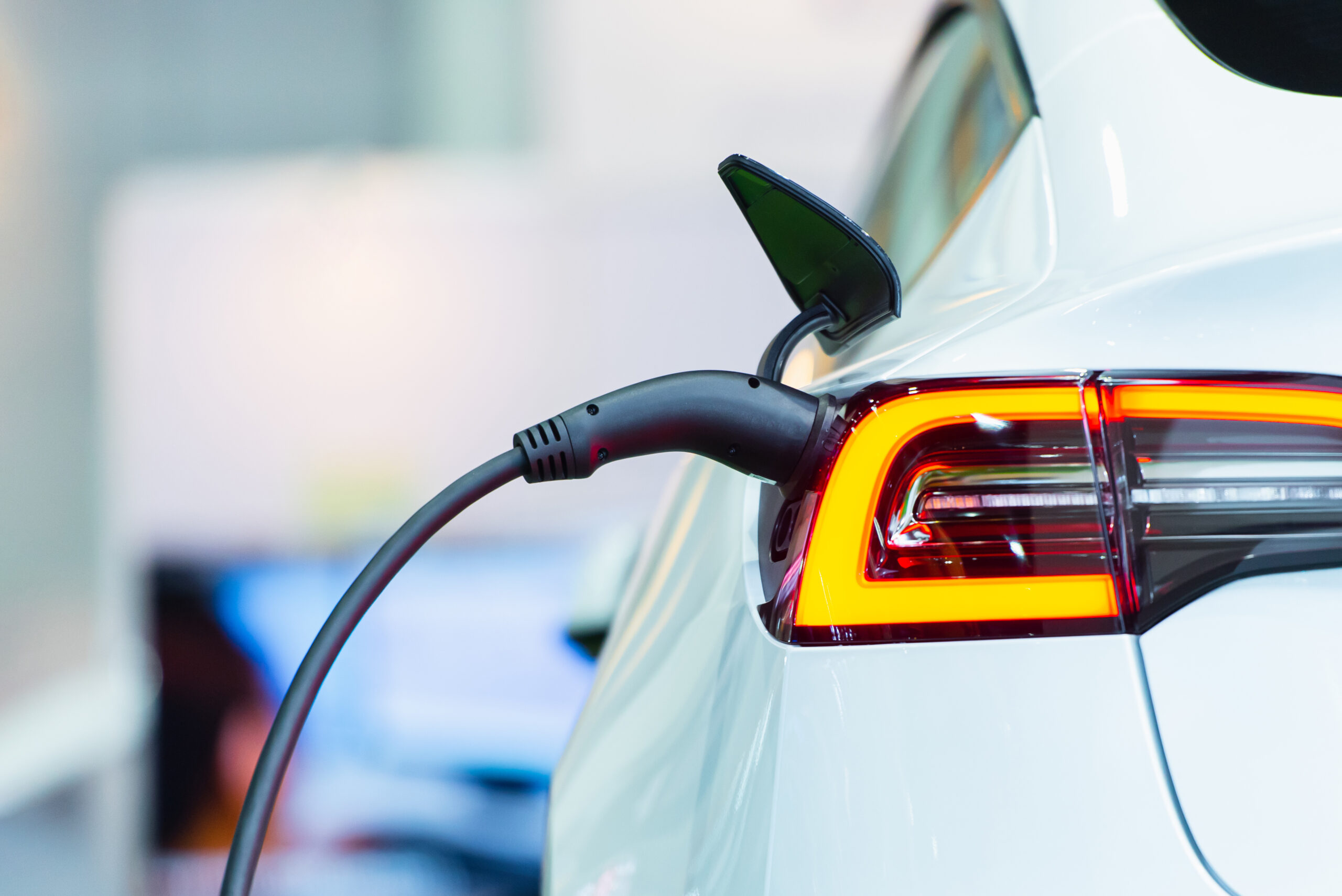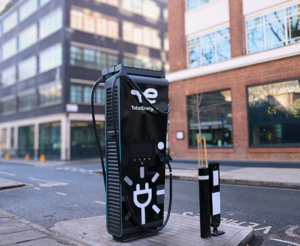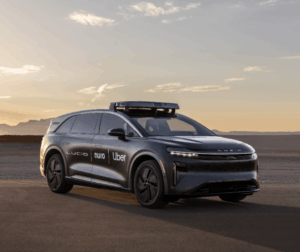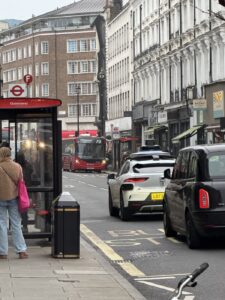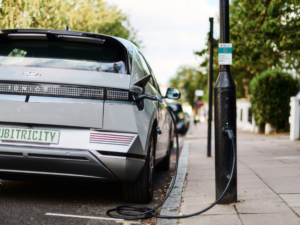A taxpayer-funded subsidy scheme for electric vehicle chargers has been hit by a wave of fraud.
The Department for Transport (DfT) paid out tens of thousands of pounds to fraudsters who pretended to have installed chargers outside their homes, a report has revealed.
Part of the Government’s net zero drive, the electric vehicle homecharge scheme (EVHS) allowed members of the public to claim up to £500 towards the cost of a charger, says The Daily Telegraph.
But an investigation revealed that the “photo evidence” submitted with some claims was actually “generic images from online sources”.
Dozens of fraudulent claims were discovered from people sending the same image as “proof” for multiple applications, while civil servants were instructed to use artificial intelligence tools to verify that photos sent to the scheme were legitimate, and had not just been copied from the internet.
A review of work by government fraud experts said that “key fraud risks were identified”. They included “installers submitting generic images from online sources” and “duplicate images presented as evidence of different installations to claim additional funds”.
The department was able to recover tens of thousands of pounds of fraudulent claims with its AI tool, which the report said saved 100 years’ worth of manual verification work.
The original EV charging scheme has since been shut down, but the Government still offers a £350 subsidy for some claimants installing chargers at their homes.
The latest fraud report said that the DfT would now apply its AI tools to other schemes that require photo verification in the hunt for more fraud.
The National Audit Office has advised the Civil Service to do more with AI and data analytics tools so that fraud can be identified before government money is given away.
In total, fraud and error in the public sector is estimated to cost the taxpayer up to £81 billion each year through a combination of deliberate criminal activity and Civil Service mistakes, although the figure during the pandemic was much higher.
(Pic: Parliament UK)



